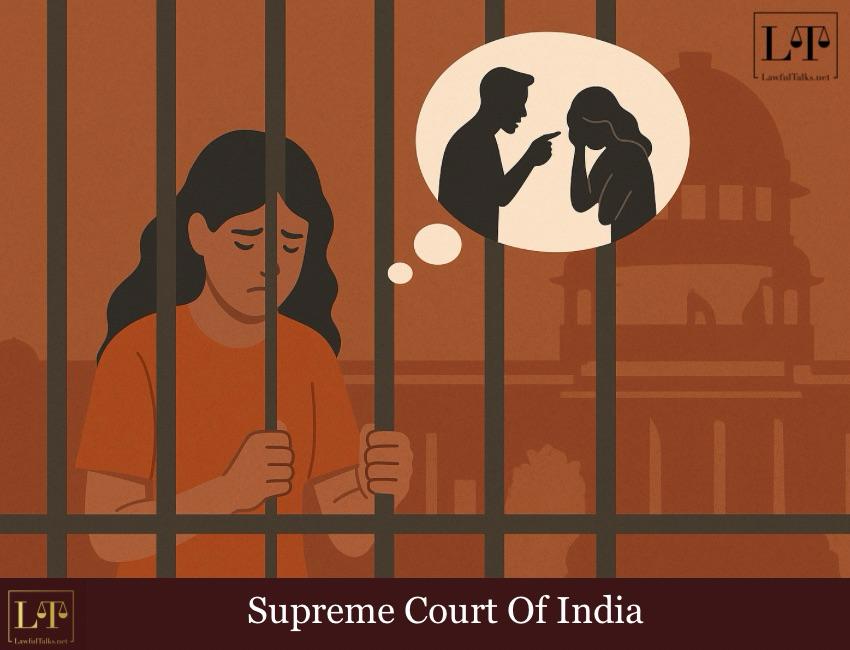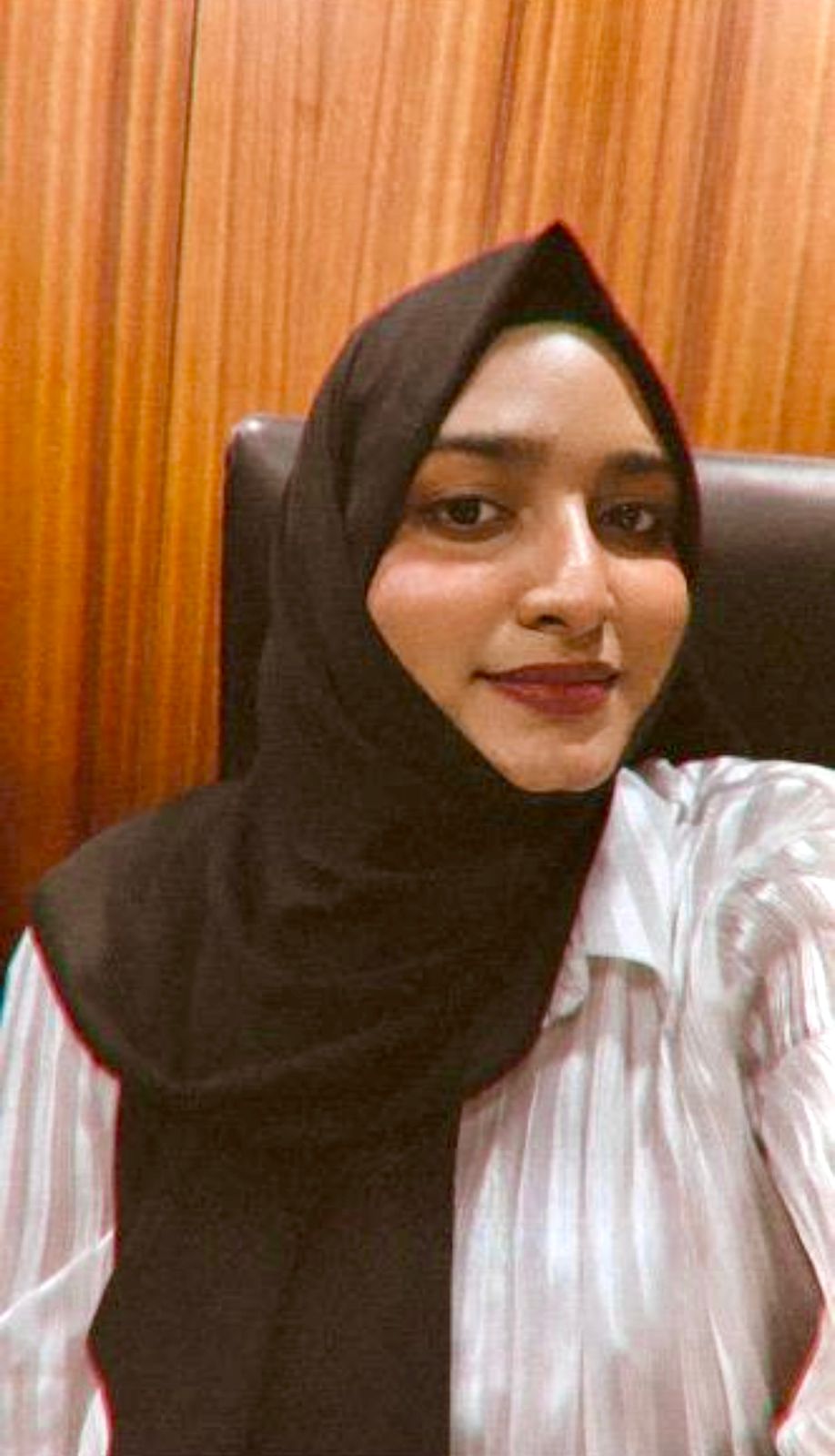Allahabad HC Sets Aside Afzal Ansari's Conviction, Allows Him to Continue as MP

A young college student, Shubha driven by her parents' coercion to enter into a marriage against her will was driven to the wall to kill her fiancee. This case prompted the Supreme Court recently to deliver a significant ruling in which they handed down a detailed analysis of circumstances that drive young women to crime.

Shubha confided all about the distressing situation to her close friend Arun, highlighting the emotional and psychological turmoil she faced.
While delivering the judgment, the bench of Justice MM Sundresh and Justice Aravind Kumar who presided over the matter, carefully examined the various societal and circumstantial factors that could influence a woman's defiance.
Their evaluation delved into situations where women feel trapped by the pressures to marry, which often leads to either silent suffering or drastic, rebellious actions.
Brief Facts:
Young college going student Shubha, plotted and killed her fiancee with help from her close friend Arun Verma and two others Venkatesh and Dinakaran alias Dinesh.
The matter reached the Supreme Court as an appeal against the decision of the Karnataka High Court, which had upheld the conviction of the appellants under S.302 a/w S.120 of the IPC.
The High Court had handed down a sentence of life imprisonment against them.
Societal Pressures and Women's Rights
The Court articulated, "A woman is pushed into a dark corner by external elements that contribute substantially to the inequalities in her life. Thoughts of a woman would differ based on the place, person and group that she interacts with. It is the social norms and values which determine an action on her part, that is nothing but a form of her expression.”
To illustrate this concept, the Court provided the example of a contemporary woman striving for autonomy. This young lady, eager to pursue her ambitions, encounters familial pressure to marry, thereby threatening her independence.
The Plight of the Individual
The Court articulated the severity of these pressures, stating: "Therefore, she might be put in a position where she would have to choose either of the following options available to her. After making an abortive attempt in getting the family to accept her views, she may leave her parental home without notice, she may turn violent, or even commit suicide."
The Role of Society
Analyzing the broader implications, the Court noted, "Society, through its own systemic failures, inequalities, or neglect often plays a role in shaping criminal behavior, and is also responsible for the creation of such behaviour, whether through poverty, lack of education, discrimination, or broken institutions. In that scenario, the offender becomes a victim, requiring adequate measures for treatment by compassionate correction, structural support, and opportunities for genuine transformation. In an attempt to bring the individual back into the social fold, responsibility has to be shared by every other individual, ultimately rebuilding the bonds of community rather than perpetuating cycles of alienation and punishment."
Seeking Justice and Pardon
“Ultimately, A-4 was unable to make a decision for herself, despite being an individual who had attained majority. Having said so, we cannot condone her action as it resulted in the loss of an innocent life of a young man. We would only state at this juncture, that A-4 was made to commit this offence by adopting the wrong course of action in order to address her problem. Years have rolled on since the occurrence of the crime, which was in 2003.”
“In light of the same, we would like to facilitate the appellants' right to seek pardon by permitting them to file appropriate petitions before His Excellency the Hon'ble Governor of Karnataka. We would only request the constitutional authority to consider the same, which we hope and trust would be done by taking note of the relevant circumstances governing the case.”
The Court granted time of eight weeks for the appellants to submit their petitions for pardon.
Case Details : KUM. SHUBHA @ SHUBHASHANKAR VERSUS STATE OF KARNATAKA & ANR | CRIMINAL APPEAL NO. 1029 OF 2011

Anam Sayyed
4th Year, Law Student
Latest Posts
Categories
- International News 19 Posts
- Supreme Court 347 Posts
- High Courts 361 Posts


















































































































































































































































































































































































































































































































































































































































































































































